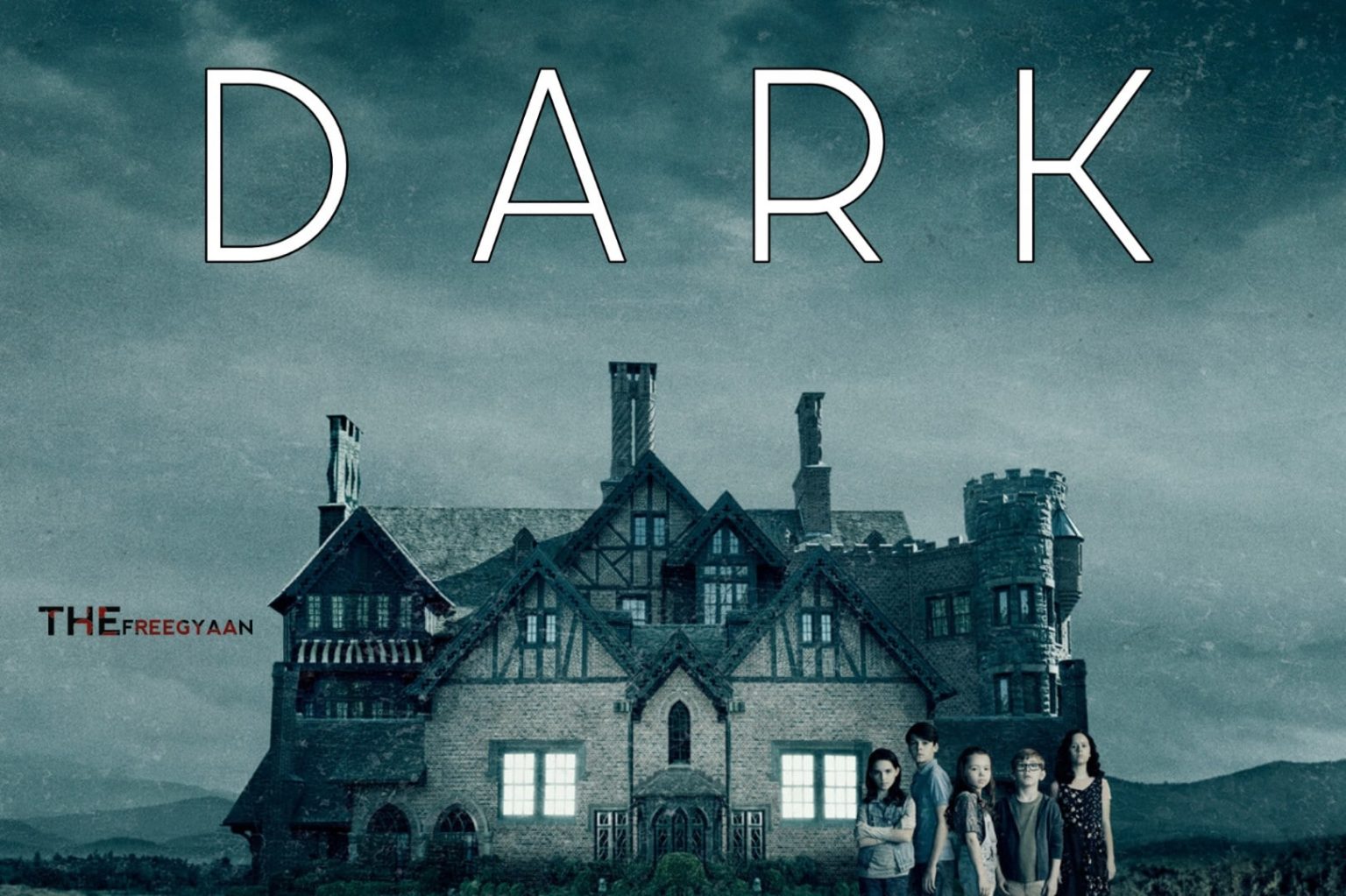Web series have become a cultural phenomenon, reshaping how we consume entertainment and interact with storytelling. The rise of digital platforms has democratized content creation, giving independent creators and established studios alike the opportunity to reach global audiences. With their flexibility and accessibility, web series are increasingly becoming the go-to choice for viewers worldwide.
From binge-worthy dramas to laugh-out-loud comedies, web series cater to diverse tastes and preferences. This medium allows creators to experiment with unique narratives, niche topics, and unconventional storytelling techniques that might not fit traditional broadcast formats. As streaming services continue to grow in popularity, the demand for high-quality web series shows no signs of slowing down.
In this article, we will explore the world of web series in-depth, covering everything from their history and production to their impact on the entertainment industry. Whether you're an aspiring creator, an avid viewer, or simply curious about this rapidly evolving field, this guide will provide you with valuable insights and actionable information.
Read also:The University Of Edinburgh Prestigious Education And Research Excellence
Table of Contents
- What Are Web Series?
- History of Web Series
- Types of Web Series
- Production Process
- Monetization Strategies
- Challenges in Web Series Creation
- Impact on the Entertainment Industry
- Famous Web Series Examples
- Audience Engagement Techniques
- Future Trends in Web Series
What Are Web Series?
A web series is a type of digital content consisting of episodic video content primarily distributed over the internet. Unlike traditional TV shows, web series are often produced independently and released on platforms like YouTube, Vimeo, or streaming services such as Netflix and Amazon Prime. They offer creators more freedom to explore innovative storytelling techniques and cater to specific audiences.
Key Characteristics of Web Series
Web series typically exhibit the following features:
- Shorter episodes compared to traditional TV shows
- Flexibility in scheduling and release formats
- Targeted content for niche audiences
- Lower production costs, making them accessible for independent creators
These characteristics make web series an attractive option for both creators and viewers, offering a fresh alternative to conventional entertainment.
History of Web Series
The origins of web series can be traced back to the early 2000s when broadband internet became widely available. Initially, web series were simple, low-budget productions created by amateurs and distributed on platforms like YouTube. However, as technology advanced and online streaming services gained traction, web series evolved into a legitimate form of entertainment.
Key Milestones in Web Series Development
- 2004: The launch of YouTube revolutionized content distribution
- 2013: Netflix's "House of Cards" demonstrated the potential of web-based original content
- 2020: The pandemic accelerated the growth of digital content consumption
Today, web series are produced by major studios, independent creators, and everything in between, showcasing the medium's versatility and widespread appeal.
Types of Web Series
Web series come in various forms, each catering to different tastes and preferences. Below are some of the most common types:
Read also:Doraemon First Episode Date A Comprehensive Guide To The Iconic Anime Series
Comedy Web Series
Comedy web series are designed to entertain and amuse audiences with humor, satire, and witty dialogue. Examples include "Drunk History" and "Broad City."
Drama Web Series
Drama web series focus on emotional depth and complex narratives, often addressing serious themes like relationships, identity, and social issues. Notable examples include "The OA" and "Fleabag."
Science Fiction and Fantasy Web Series
Sci-fi and fantasy web series transport viewers to imaginative worlds filled with futuristic technology, magical creatures, and epic adventures. Popular series in this genre include "Black Mirror" and "The Witcher."
Production Process
Creating a successful web series involves several stages, from ideation to post-production. Here's a breakdown of the process:
Pre-Production
- Developing a compelling storyline and characters
- Writing a detailed script
- Securing funding and resources
Production
- Filming scenes according to the script
- Working with actors, directors, and crew members
- Ensuring high-quality audio and visual elements
Post-Production
- Editing footage to create a cohesive narrative
- Adding special effects, music, and sound design
- Marketing and distributing the final product
Each stage requires careful planning and execution to ensure the web series meets its creative and commercial goals.
Monetization Strategies
Monetizing a web series can be challenging but rewarding if done correctly. Below are some effective strategies:
Subscription-Based Models
Platforms like Netflix and Amazon Prime offer exclusive content to subscribers, generating revenue through monthly fees. This model ensures a steady income stream while maintaining content quality.
Advertising Revenue
Web series creators can partner with brands to incorporate product placements or display ads during episodes. This approach is particularly effective for independent creators who rely on ad revenue to fund their projects.
Crowdfunding
Crowdfunding platforms like Kickstarter and Indiegogo allow creators to raise funds from fans and supporters. This method fosters community engagement and provides financial support for ambitious projects.
Challenges in Web Series Creation
Despite their popularity, web series face numerous challenges that creators must navigate:
Competition
With millions of web series available online, standing out in a crowded market can be difficult. Creators must focus on originality and quality to capture audience attention.
Resource Limitations
Many independent creators operate with limited budgets, affecting production quality and marketing efforts. Finding creative solutions to overcome these limitations is essential for success.
Changing Consumer Preferences
Audience tastes and preferences evolve rapidly, requiring creators to stay updated on trends and adapt their content accordingly. Staying relevant in a fast-paced industry demands constant innovation and flexibility.
Impact on the Entertainment Industry
Web series have significantly impacted the entertainment industry, influencing how content is produced, distributed, and consumed. Below are some key effects:
Democratization of Content Creation
Web series have lowered barriers to entry for aspiring creators, enabling them to share their stories with global audiences without traditional gatekeepers.
Increase in Niche Content
The rise of web series has led to an increase in niche content catering to specific interests and demographics, enriching the diversity of available entertainment options.
Shift in Viewing Habits
Viewers now prefer on-demand, flexible viewing experiences, prompting traditional broadcasters to adapt their models to remain competitive.
Famous Web Series Examples
Several web series have gained widespread acclaim for their innovative storytelling and production quality. Below are some notable examples:
"Bandersnatch" (Netflix)
This interactive web series allows viewers to make choices that affect the storyline, offering a unique and engaging experience.
"Russian Doll" (Netflix)
A darkly comedic web series about a woman who repeatedly relives the same day, exploring themes of mortality and self-discovery.
"Lovesick" (Netflix)
A romantic comedy-drama following a man's quest to find love while dealing with past relationships.
Audience Engagement Techniques
Engaging audiences is crucial for the success of any web series. Below are some effective techniques:
Social Media Interaction
Creators can use platforms like Twitter, Instagram, and TikTok to connect with fans, share behind-the-scenes content, and build a loyal following.
Interactive Content
Incorporating interactive elements, such as polls, quizzes, or branching narratives, encourages audience participation and enhances the viewing experience.
Community Building
Creating online forums or groups where fans can discuss episodes, share theories, and connect with one another fosters a sense of community around the web series.
Future Trends in Web Series
The future of web series looks promising, with several trends shaping the industry:
Augmented Reality (AR) and Virtual Reality (VR)
AR and VR technologies offer immersive viewing experiences, allowing audiences to interact with web series in unprecedented ways.
Global Collaboration
As the world becomes more interconnected, web series creators are collaborating across borders to produce diverse and culturally rich content.
Sustainability in Production
With growing environmental concerns, creators are adopting sustainable practices in web series production, reducing their carbon footprint while maintaining quality.
Conclusion
Web series have revolutionized the entertainment landscape, offering creators and viewers unprecedented opportunities for creativity and engagement. From their humble beginnings to their current prominence, web series continue to evolve, pushing the boundaries of storytelling and content distribution.
We encourage you to explore the world of web series further, whether as a creator or a viewer. Share your thoughts and experiences in the comments below, and don't forget to check out our other articles for more insights into the digital entertainment industry.


